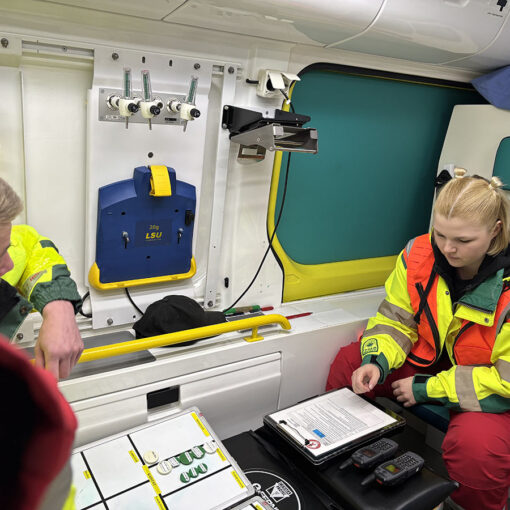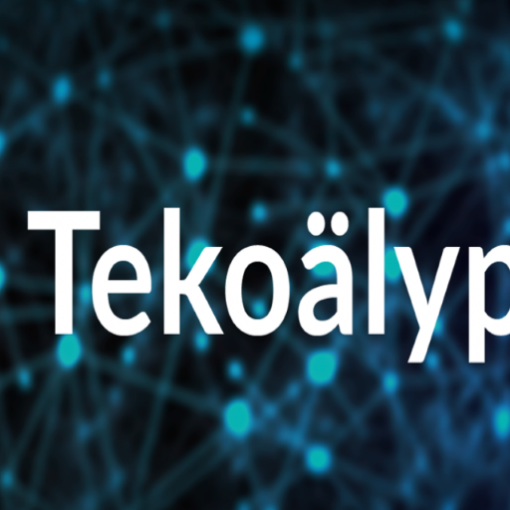International student exchange programs play a key role in shaping modern education and supporting global integration. These programs not only help students gain practical skills, but also improve their intercultural communication abilities, making them ready to work in international environments. Research shows that students who take part in exchange programs have improved academic performance, especially in subjects like foreign languages, political science, and philosophy. In addition, many students said that their exchange experience helped them in their career development or made them change their professional direction. (Akbas & Skakova 2023)
Exchange programs also increase participants’ intercultural understanding, tolerance, and motivation to explore their own cultural identity. Students develop global skills such as effective communication in multicultural groups, teamwork, and the ability to solve problems from different perspectives. These improvements support their personal and professional growth and help them become active and successful individuals in international settings. (Akbas & Skakova 2023)
Developing cultural competence is one of the most important aspects of today’s international education. Exchange programs help students become globally aware, culturally open, and competitive individuals. That is why it is important to expand these programs, make them more accessible, and continue improving their quality for better results in global education. (Kovtun et al., 2024.)
The European Nursing Module (ENM) Network, established in 1994 in Lewes, UK, aims to offer nursing students an elective module that fosters cultural understanding within healthcare. The module promotes awareness of European and professional cultural differences, the impact of various societal factors on nursing practices, and the international dimension of healthcare. Students participating in the ENM are expected to gain respect for diverse client cultures, reflect on their own values and professional identity, develop empathy for being in unfamiliar environments, and appreciate the sharing of multicultural knowledge and experiences. LAB University of Applied Sciences has been an active participant in the ENM network for several years. Throughout this time, while LAB students have completed exchange placements abroad, the university has welcomed many students from partner institutions as part of the program. (ENM 2025)
Belgium: A Multicultural Country in the Heart of Europe
Belgium is located in Western Europe and is known for its rich history, culture, and multilingual, cosmopolitan structure. As of 2024, the country has a population of about 11.76 million, with people from many different backgrounds living together. Nearly 200 nationalities coexist, speaking over 180 languages. (Study in Belgium 2025.)
There are two universities of applied sciences in the city of Antwerp: Karel de Grote University of Applied Sciences (KdG) and AP University of Applied Sciences that are part of the European Nursing Module (ENM). Exchange students had the chance to visit both universities, experience their systems and campuses, and join a well-organized and useful program (Image 1).
![[Alt-text: schedule for ENM program day by day for two weeks.]](https://blogit.lab.fi/labfocus/wp-content/uploads/sites/8/2025/11/LAB-FOCUS-441_2025_Learning-Beyond-Borders-The-Role-of-ENM-in-Global-Nursing-Education--1024x577.jpg)
As the World Health Organization (WHO 2025) states, health is not only something that happens in hospitals. Health is a system that aims to improve the physical, mental, and social well-being of every person in society. Governments and social organizations try to bring health services to all people. During this two-week program in Belgium, students saw how this system works in real life. For example, through hospital clinical placements and hospital and ambulance service visits, they saw how individual health services are provided. At Doctors of the World, students learned how healthcare and information are given to refugees and immigrants who are in the country illegally and do not want to share their personal data with the government. At Kamiano, they saw services such as food, shelter, clothes, and rehabilitation given to homeless people or those who live in very difficult conditions.
General Conclusion
These examples showed that public health can be improved not only by medical treatment but also by solving people’s financial and social problems, and by helping minority groups become a part of society.
This program showed clearly that many European countries face similar public health problems. These include individual health issues, the health of minority groups, refugees’ access to care, and the problems of homeless or financially struggling people.
In conclusion, this program in Belgium helped students understand how public health can reach every part of society, and how a strong, fair health system works in practice.
Authors
Reyhan Sahin Duzenli is a 2nd year nursing student at LAB University of Applied Sciences.
Anna Romakkaniemi works as a Senior Lecturer at LAB University of Applied Sciences. She has been a coordinator in the ENM network since 2018.
References
Akbas, A. A. & Skakova, A. S. The benefits and challenges of international student exchange programs in promoting global education. Poland International scientific conference. Research retrieval and academic letters. p 234-241. Cited 28.5.2025. Available at https://ojs.scipub.de/index.php/RRAL/issue/view/60/160
ENM. 2025. ENM European Nursing Module Network. Cited 28.5.2025. Available at https://www.enm-network.com/Home/
Kovtun, O., Kovtun, O. & Krykun, V. 2024. Effectiveness of international exchange programmes in vocational education. Cited 28.5.2025. Available at https://profedu.com.ua/en/journals/tom-10-2-2024/yefektivnist-mizhnarodnikh-program-obminu-v-profesiyniy-osviti?utm_source=chatgpt.com
Study in Belgium. 2025. Belgium: an ideal position, right in the heart of Europe. Cited 30.5.2025. Available at https://www.studyinbelgium.be/en/belgium-ideal-position-right-heart-europe
WHO.2025. Community engagement for quality, people-centered health services. Cited 29.5.2025. Available at https://cdn.who.int/media/docs/default-source/integrated-health-services-(ihs)/qoc/ihs_ceq_brochure_final.pdf?sfvrsn=8475f1b6_1&download=true
Image 1. ENM program in Antwerp, Belgium. (Image: Reyhan Sahin Duzenli 2025)




